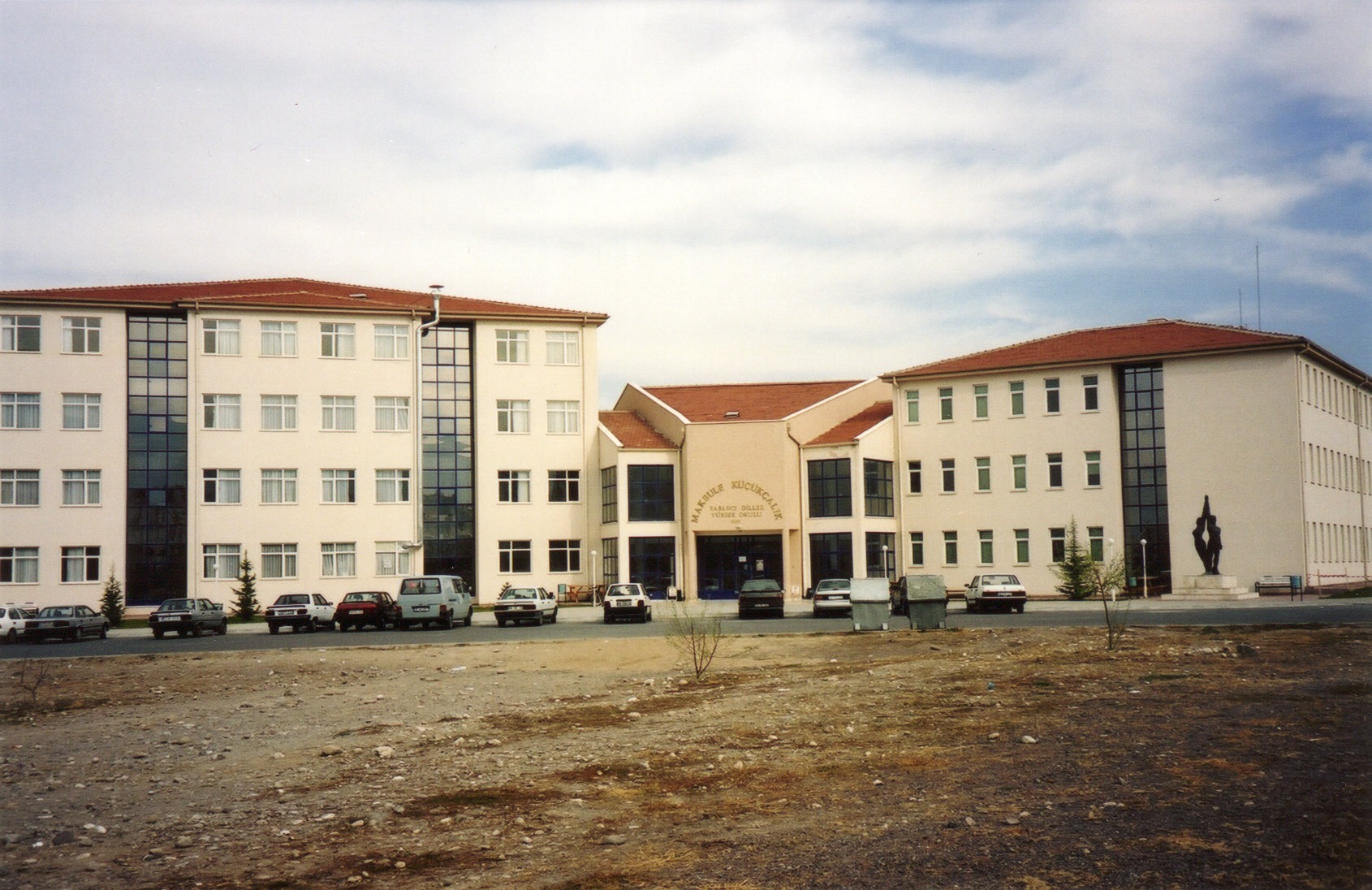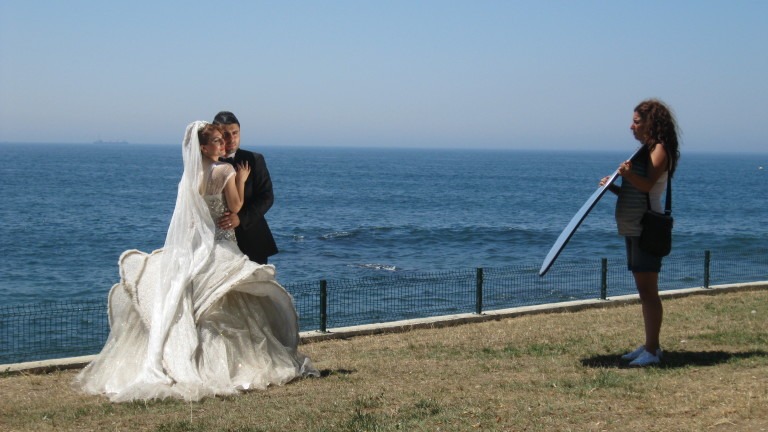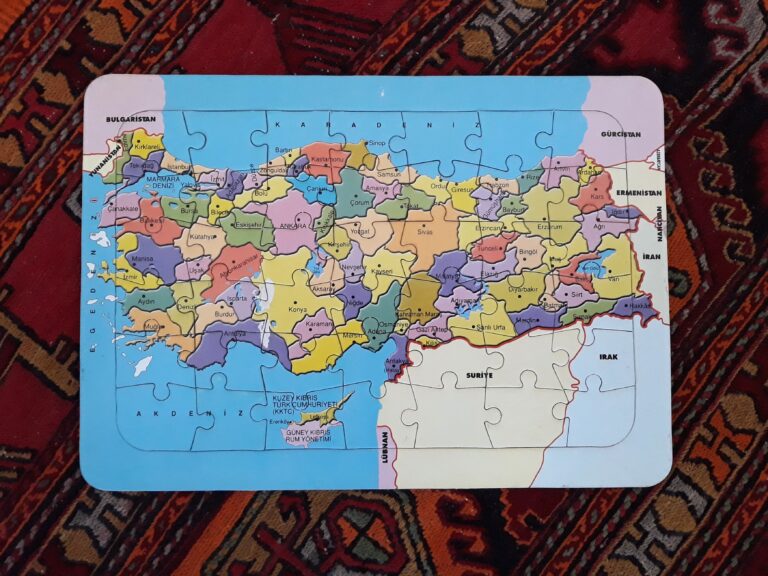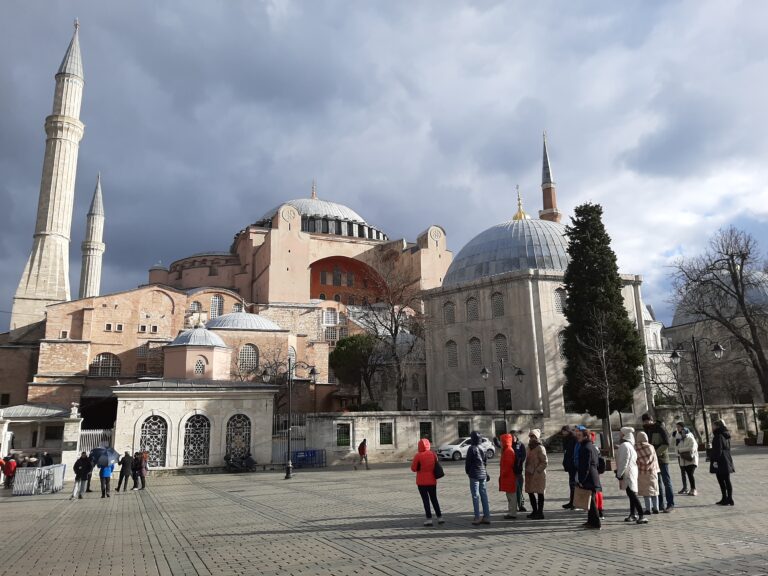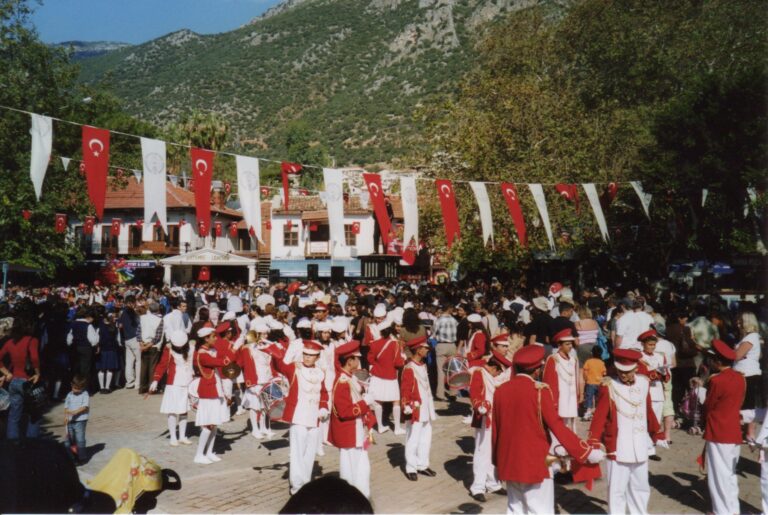Teaching English in Turkey – Learning Curve Part I
Teaching English in Turkey seemed like a good idea before we arrived in the country. Once there, dealing with the students was the least of our worries.
We’d already been at the government university in Kayseri for a week, and despite numerous meetings with our director were still no further along in discussions about what we’d be teaching. Our latest meeting also looked set to get bogged down in old territory.
“Well, alright, as you know, we cannot, alright, refund your plane tickets, alright, until your contracts are signed. Once your contracts are signed we can refund the money,” said Hilal, our director.
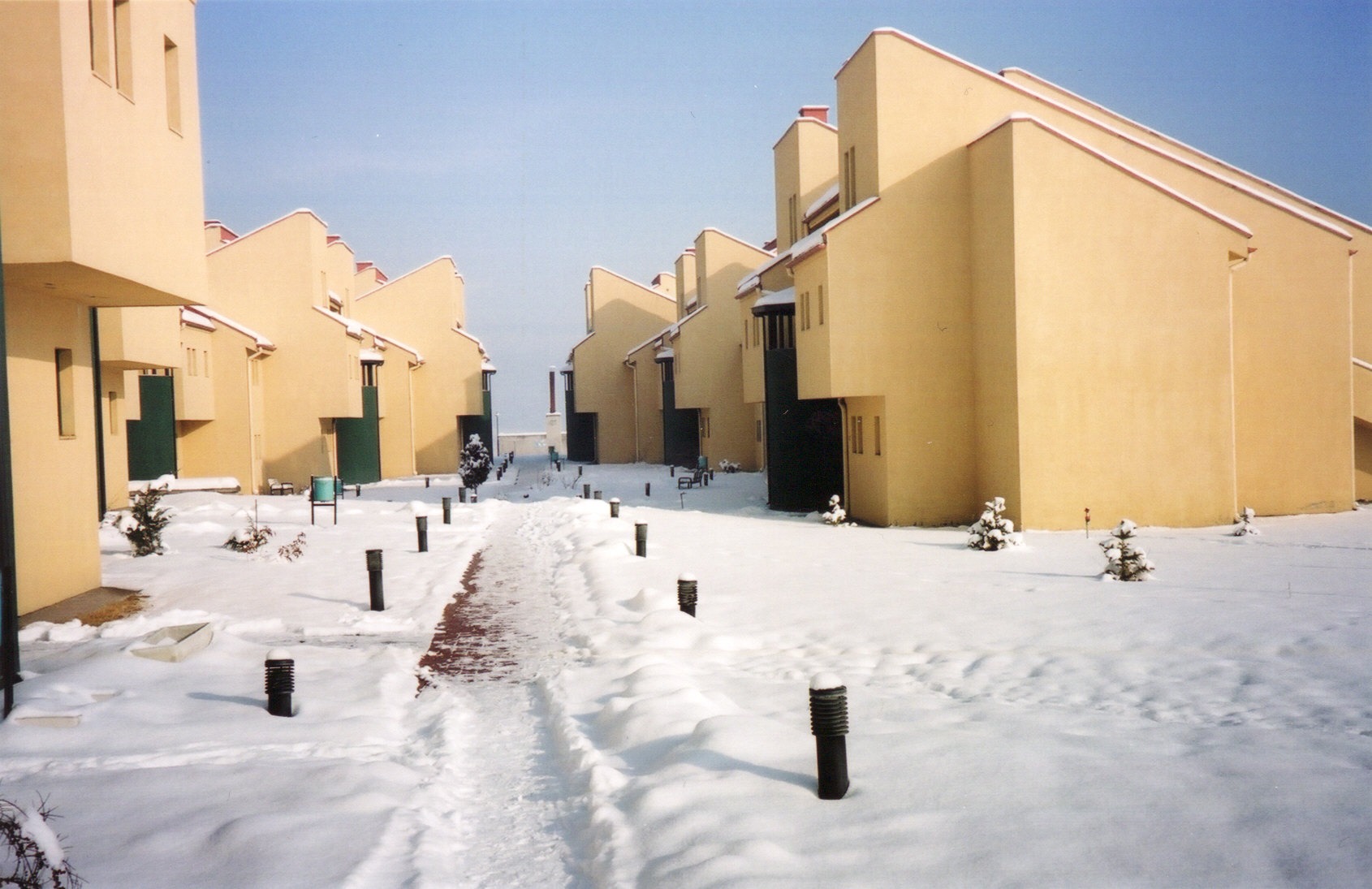
“Yes we know that Hilal Bey,” I responded,” but when will our contracts be ready? Ankara has had the information for four months now.”
“Alright, your contracts. As I … alright … told you … alright … already in m, alright, emails, alright, there are alright, six, alright, steps necessary to process foreign teacher contracts. First your … alright … contract goes to the school board, alright? Alright the board said alright, the board approved the contracts, alright? And then it was … alright … approved by the university board. Now, alright, they have been sent to the Higher Education Council, that is alright YÖK, and alright when they say alright, your contracts are alright, they will be sent to … alright … the Ministries of Internal Affairs and then alright Foreign Affairs and finally alright to the Ministry of Finance. When everyone alright has given alright permission, the alright documents will be sent back alright to the university with your, alright, contracts. When they are all alright … alright? … you will sign the contracts. Alright?”
He had told us exactly the same information at our first meeting, when we’d been introduced to his idiosyncratic use of the word ‘alright’. This time it increased so much that we could barely understand what he was saying. It seemed to become worse whenever he had to give us news he thought we might not like.

The whole time I’d been listening to him I couldn’t look Kim in the eye, but something must have shown on my face. Hilal hastily rang the general secretary of the university who told us our paperwork was now in the second last department. We just had to wait.
“The other thing we wanted to ask about was our resident permits. We’re here on tourist visas and they’ll expire in a month,” said Kim.
“OK, these we can do. If you give me your passports and eight photos each, Ibrahim can arrange this.” Hilal looked surprised when we told him we didn’t have any photographs on us, but smiled happily when we said we’d bring them in the next day. He seemed pleased with his achievements and closed the folder on the desk in front of him as if to signal the end of the meeting. However, there was one more thing we needed to ask.
“Hilal, what will we be teaching,” Kim began.
“English.”
“Yes we know, but can you give us a bit more information?”
“Alright, you will be teaching reading and speaking. I think for reading you should teach B groups and maybe C groups for speaking.”
“Umm, Hilal, what are B groups” Kim asked in a puzzled tone.
“They are the top groups. The best students who come from Anatolian Lisesi and Super High Schools,” Hilal said proudly.
“Aren’t there any A groups?” I asked.
“No. When we had A groups these students thought they knew everything and didn’t work. So when we only have B and C groups they work harder.” Tempting as it was, we chose not to point out to him that this philosophy seemed somewhat flawed. “Yes, you will teach reading to B groups. It will be very good for them to hear native speakers.” I wasn’t sure how teaching reading would let the students hear me, but I decided it was simpler not to comment.
“How much English do the C groups know,” I queried.
“Sometimes none, but this will not be a problem.”
“But Hilal Bey, we have very little Turkish, how will we understand them? How can we instruct them in the classroom,” I asked with some concern.
“This will not be a problem,” Hilal Bey asserted, and the conversation was closed. It seemed like teaching English in Turkey was less straight forward than we expected.
Thinking about teaching English in Turkey yourself?
If you’re thinking of teaching English in Turkey or elsewhere, it pays to do your homework. Here are a couple of books I can highly recommend.
Teaching English Abroad 2017 (Paperback) – Susan Griffiths
Teaching English as a Second Language (Kindle) – Kathleen Strauss
Teaching English as a Foreign Language for Dummies (Paperback) – Michelle Maxom
***********************************
Whether you’re planning to come to Istanbul or Turkey to teach English, or just for a holiday, here are some helpful tips for planning your trip.
For FLIGHTS I like to use Kiwi.com.
Don’t pay extra for an E-VISA. Here’s my post on everything to know before you take off.
However E-SIM are the way to go to stay connected with a local phone number and mobile data on the go. Airalo is easy to use and affordable.
Even if I never claim on it, I always take out TRAVEL INSURANCE. I recommend Visitors Coverage.
I’m a big advocate of public transport, but know it’s not suitable for everyone all the time. When I need to be picked up from or get to Istanbul Airport or Sabiha Gokcen Airport, I use one of these GetYourGuide website AIRPORT TRANSFERS.
ACCOMMODATION: When I want to find a place to stay I use Booking.com.
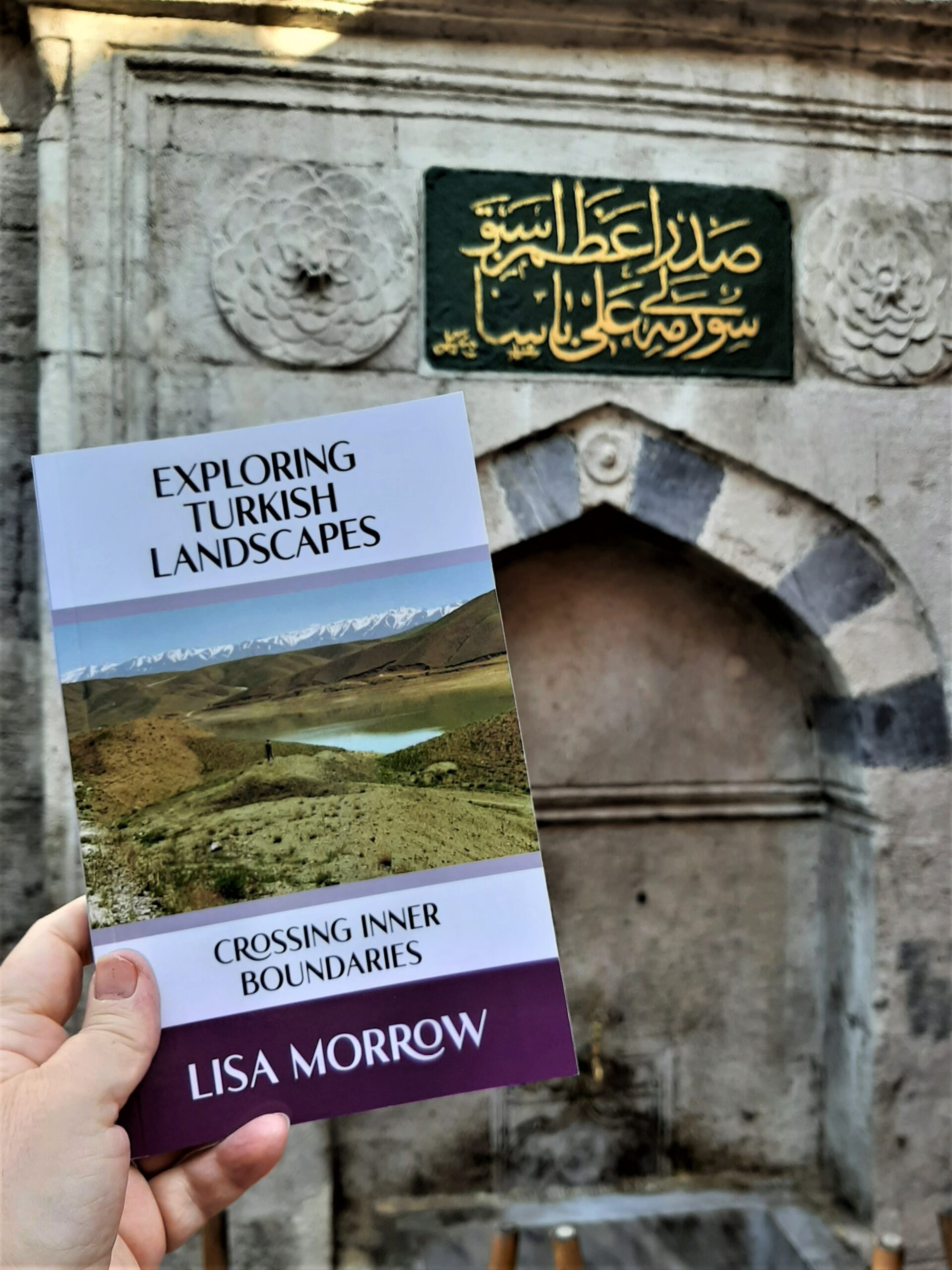
CITY TOURS & DAY TRIPS: Let me guide you around Kadikoy with my audio walking tour Stepping back through Chalcedon or venture further afield with my bespoke guidebook Istanbul 50 Unsung Places. I know you’ll love visiting the lesser-known sites I’ve included. It’s based on using public transport as much as possible so you won’t be adding too much to your carbon footprint. Then read about what you’ve seen and experienced in my three essay collections and memoir about moving to Istanbul permanently.
Browse the GetYourGuide website or Viator to find even more ways to experience Istanbul and Turkey with food tours, visits to the old city, evening Bosphorus cruises and more!
However you travel, stay safe and have fun! Iyi yolculuklar.
